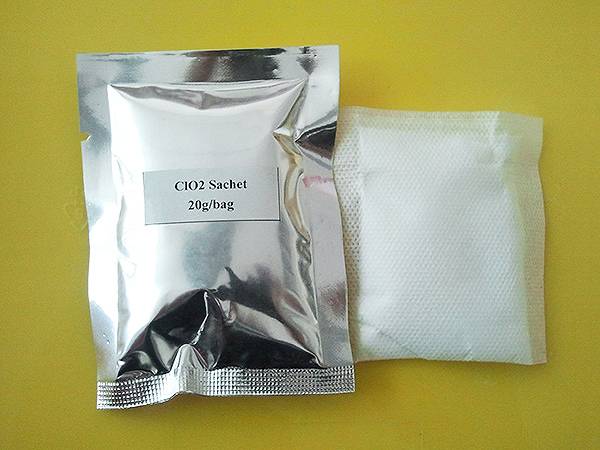



boiler feed water chemical treatment
Boiler Feed Water Chemical Treatment
The efficient operation of a steam boiler system heavily relies on the quality of the feed water being utilized. Boiler feed water must be treated to prevent a myriad of problems, including scaling, corrosion, and contamination, which can lead to efficiency losses and costly downtimes. Therefore, implementing a comprehensive chemical treatment program is paramount to maintaining optimal boiler performance and longevity.
The primary goal of boiler feed water chemical treatment is to improve water quality by removing harmful impurities. The feed water often contains dissolved solids, such as salts and minerals, which can lead to scaling on boiler tubes. This buildup of scale acts as an insulating layer, reducing heat transfer efficiency and requiring additional fuel to maintain operating temperatures. To combat scaling, chemical additives such as polyacrylate scale inhibitors and phosphonates are commonly used. These chemicals work by interfering with the crystallization process of scale-forming minerals, thus keeping them dissolved in the water or preventing their deposition on boiler surfaces.
Corrosion is another critical concern when it comes to boiler feed water. When water is heated, its propensity to dissolve oxygen and other corrosive agents increases, leading to the potential for pitting and other forms of corrosion in boiler components. To mitigate this risk, oxygen scavengers such as sodium sulfite or hydrazine are commonly injected into the feed water. These agents react with dissolved oxygen, thereby preventing it from causing damage to the metal surfaces of the boiler.
boiler feed water chemical treatment

Furthermore, maintaining the proper pH of the feed water is essential in preventing both corrosion and scaling. Typically, a pH range of 10.5 to 11.5 is recommended for boiler operations. In order to achieve and maintain this pH, alkalinity enhancers such as sodium hydroxide or sodium bicarbonate can be added. This adjustment not only helps in maintaining boiler efficiency but also protects metal components from acidic conditions.
Another important aspect of feed water treatment is the removal of impurities such as oil, grease, and suspended solids. These contaminants can originate from various sources including the feed water supply or even the boiler system itself. Utilizing coagulants and flocculants can aid in aggregating suspended particles, which can then be removed through sedimentation or filtration processes.
In conclusion, the chemical treatment of boiler feed water is essential for the efficient and safe operation of boiler systems. By implementing a treatment program that focuses on scaling prevention, corrosion control, pH management, and impurity removal, operators can significantly enhance the performance and reliability of their boiler systems. Proper treatment not only extends the life of the equipment but also contributes to energy savings, making it a critical aspect of modern industrial operations. As technology and treatment methodologies continue to advance, it will be vital for industries to stay updated on best practices to ensure optimal boiler performance and sustainability.
-
Why Strontium Carbonate Still MattersNewsJun.06,2025
-
Why BaSO4 MattersNewsJun.06,2025
-
Why Barium Carbonate Still MattersNewsJun.06,2025
-
Strontium Hydroxide: A Versatile Compound for Modern ApplicationsNewsJun.06,2025
-
Strontium Chloride in Daily IndustryNewsJun.06,2025
-
Pure Potassium Nitrate for SaleNewsJun.06,2025
-
What Is Sodium Bisulfate Used For?NewsMay.15,2025










